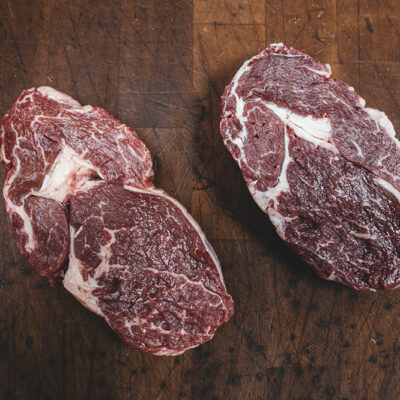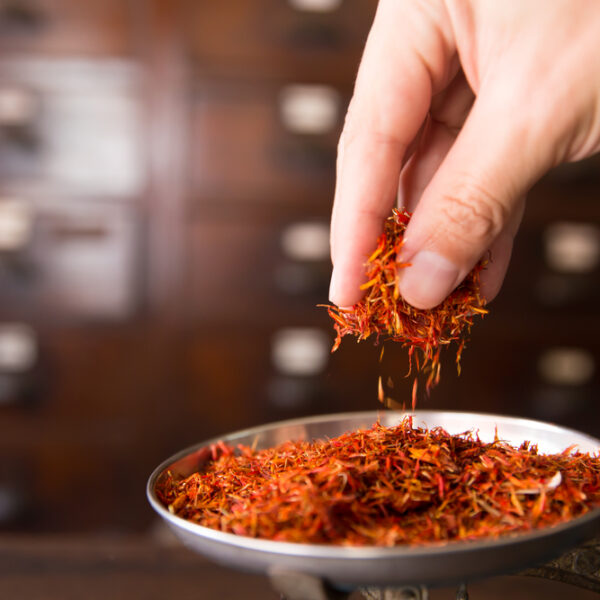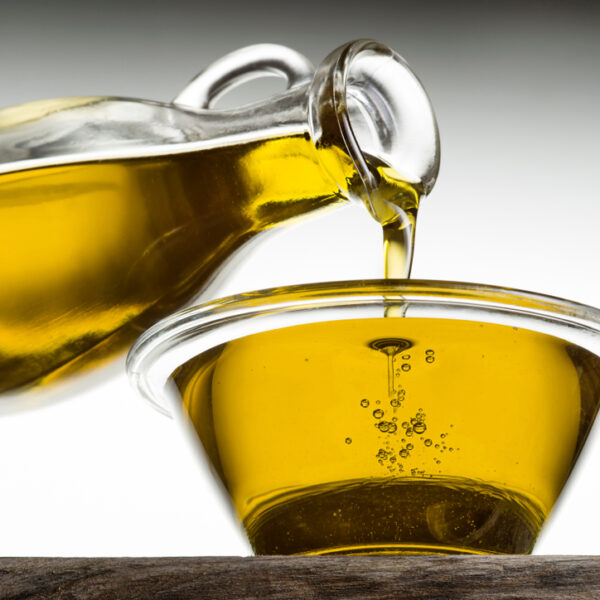
Foods to eat and avoid for myeloid leukemia patients
Myeloid leukemia is characterized by immature blood cells that do not turn into healthy ones. This progressive disease must be treated with appropriate medicines and a proper diet. Herein, we discuss the foods that patients can eat and avoid. How is diet associated with myeloid leukemia? A healthy diet can help manage the side effects of the treatment better as well as curb the symptoms and flare-ups of myeloid leukemia.
Read More 







